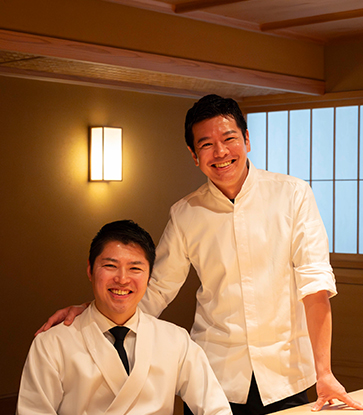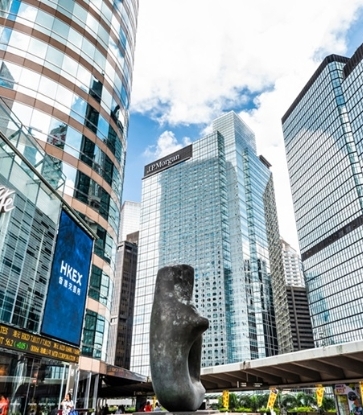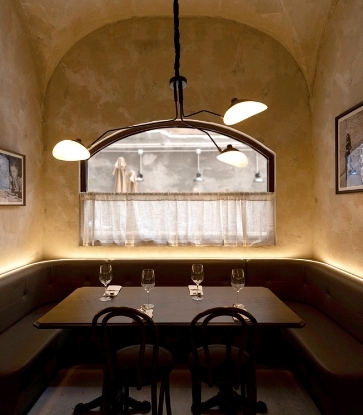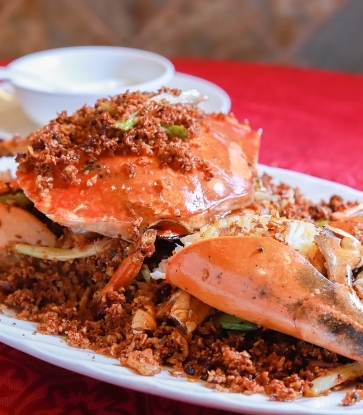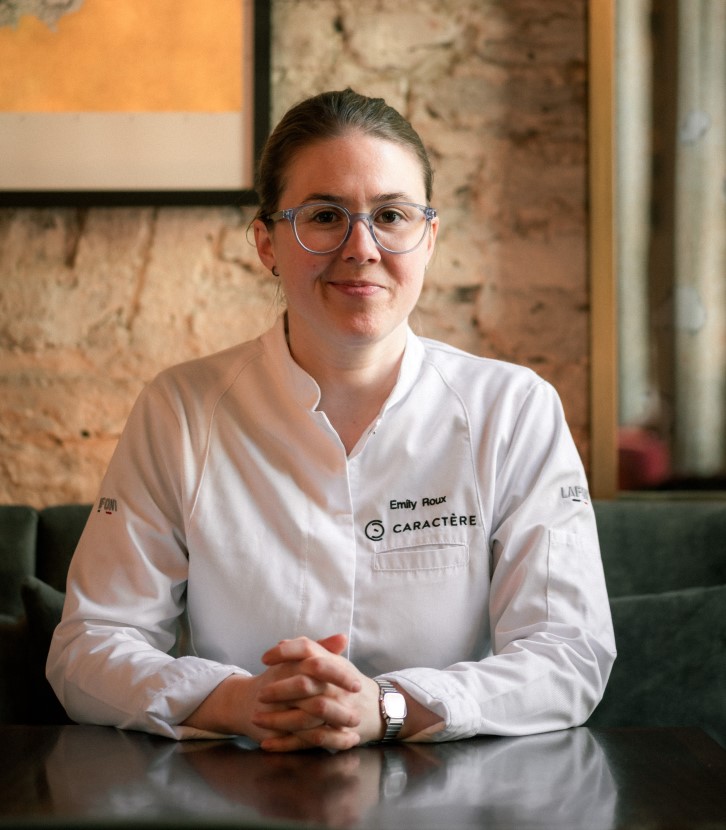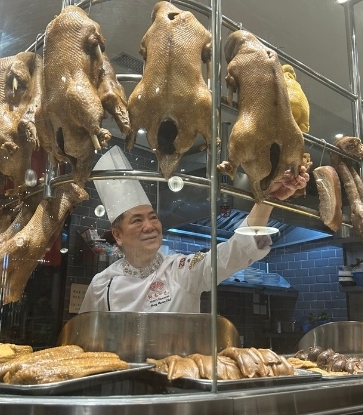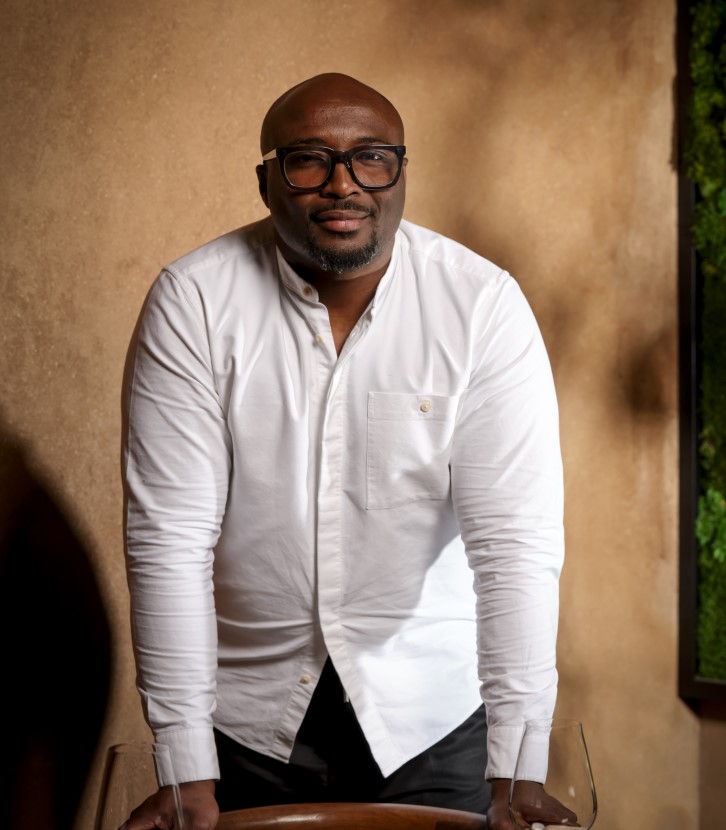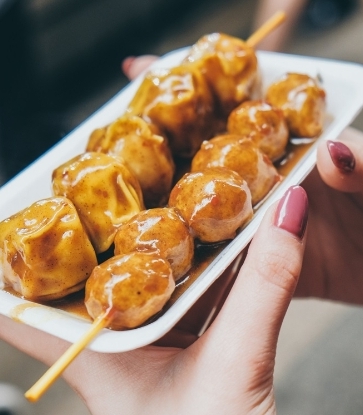French food is one of the most beloved cuisines in the world. With a strong emphasis on quality ingredients and refined techniques, it is not easy to execute well and the stakes are high when a Chinese chef is cooking French food. Take Vicky Cheng for example. The executive chef of one-MICHELIN-starred VEA Restaurant & Lounge marries modern French techniques with Chinese ingredients.
Five years ago, Cheng returned to Hong Kong with a suitcase and three sets of resume to carve out a chapter of his culinary career. He recalls: “I had been mulling about the decision in Canada to return to Hong Kong, as I knew that I could not keep staying in my comfort zone.”
Having worked in top restaurants in Canada such as Auberge du Pommier, Canoe and two-MICHELIN-starred Restaurant Daniel, Cheng’s resume looked promising. He says: “I learnt knife skills from chef Jason Bangerter of Auberge du Pommier (he is now the executive chef of Langdon Hall Country House Hotel & Spa); Canoe’s chef Anthony Walsh (now the Corporate Executive Chef of the Oliver & Bonacini Group) instilled the importance of having respect for local ingredients in me, and I picked up the value of hard work and perseverance from renowned French chef Daniel Boulud of Restaurant Daniel.”

French Meets Chinese
Working under the tutelage of these three top chefs for more than a decade, Cheng reflects that it has fostered a sense of loyalty to these cooking maestros. He says: “Through this way, I can truly grasp and understand the culinary philosophies of these top chefs. Today, I also tell my team to stay with my restaurant for some time and I will impart my knowledge to them over time.”
After he returned to Hong Kong, he headed the kitchen at the now-defunct Liberty Private Works before starting VEA, which incorporate elements of French and Chinese cuisines.

What was your first encounter with the MICHELIN Guide?
When I first entered the industry, I already knew about the reputation of the MICHELIN Guide. I did not want to be too ambitious, I set a five-year plan for myself and worked towards it step-by-step. When I was 20, I set some personal targets to hit when I turned 25, and I managed to achieve them before I hit 25. When I was 25, I told myself that I would start my restaurant at 30 and I managed to do that before I turned 30.
What was it like when your restaurant received the MICHELIN star for the first time?
It was on 9 November 2016, which is one of the most momentous dates in my life. I have to thank my friends and mentors who have stood by me all these years,
from the first time I stepped into a professional kitchen 19 years ago. I have been exposed to many opportunities since I was 14. When most people were not supportive of taking up a culinary career as a chef, my mother kept encouraging me to follow my passion and helped me look around for the best culinary schools to attend. The unwavering support from my wife and daughter is something that I will be forever indebted to and I am thankful for those who had helped me along the way.

How did you celebrate?
I returned to the restaurant after the MICHELIN Guide event and my team threw a surprise party and filmed everything so that I can treasure this memory. I strongly believe in the motto ‘one team, one dream’, which will lead VEA to greater heights.
With VEA having received a MICHELIN star, has that impacted the direction of the restaurant?
No. We have placed a great emphasis on Chinese culinary techniques and how to incorporate them into French cuisine, and ensuring that my kitchen staff are able to adapt to these methods. I have also given my French chefs opportunities to whip up their rendition of Chinese dishes such as sweet and sour pork and fried sesame balls. Then, my team decides which aspects can be incorporated into the final dish.
What advice do you have for young chefs?
Stay focused. Concentrate on honing your craft patiently. Over time, there will be opportunities and platforms for you to shine.



